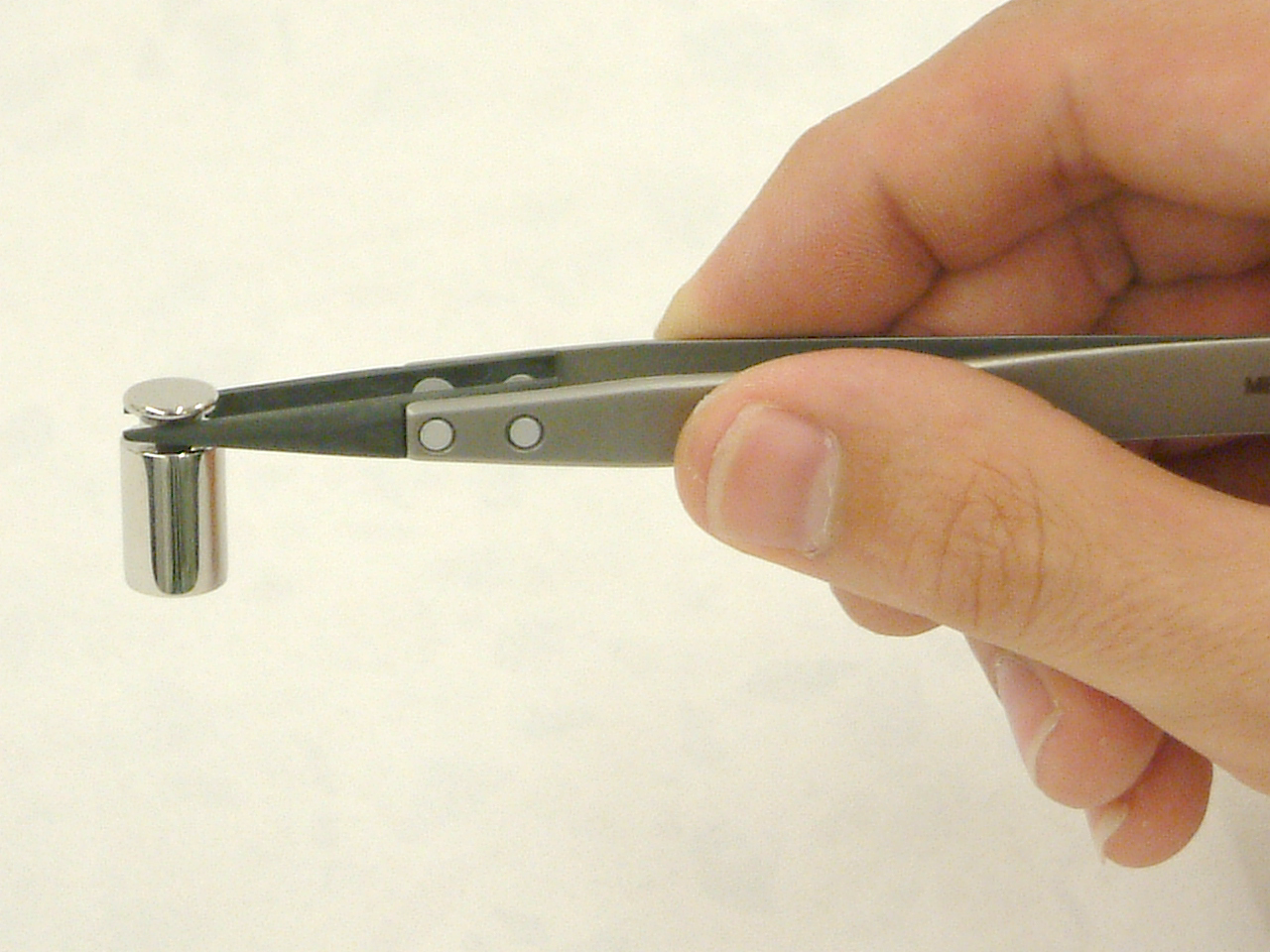
It’s dedicated to the Research and Development of Software for retail and industry. Created and joined in the Group in 2010.
Know more
Acquisition in 2004 of the entire share capital of EUROPESAGEM - Comércio Internacional de Balanças, Lda, a company specialized in the distribution of commercial and industrial weighing equipment (Founded in 2001).
Know more
Official representative of the German brand ESPERA, of weighing and labeling equipment. Created in 2011.
Know moreMetrology. Legal metrology. Calibration. Verification. Standard weights. These are all pretty common terms when we are talking about weighing and scales – specially commercial scales. But it’s not always clear what which concept means and what these processes are really for.
Today, we are informing you about the definitions of metrology, legal metrology and calibration, so that you can know what’s behind the quality and maintenance processes of the scales we use daily:
What’s metrology?
No, metrology has nothing to do with the weather. Neither it is related to “meters” of length. It’s a term that comes from the Greek and it’s the result of joining together the words “metron” – that means measurement – and “logos” – which means “study”.
So, metrology is the science that studies measurement and all things that come with it, in theory and in practice. It is dedicated to all the matters that involve measurement unities: length, temperature, weight, among others. And its main goal is to assure and also evaluate the accuracy of measurement instruments, in processes that end up being more important that we may initially think.
Mainly in an area like weighing. Every day, scales are used in several business areas. Which, on one hand, means they should be regulated and, on the other hand, means they may suffer a quicker wear and need a constant maintenance. So, metrology is divided into two big categories: legal metrology and calibrations.
• But, now, what is legal metrology exactly?
Whether on a supermarket visit or another circumstances, we are constantly weighing objects and making all kinds of measurements. Legal metrology, legal metrological control, is here to assure the results presented by these instruments are correct – within a certain margin of error, of course.
More than a scientific discipline, legal metrology is a field with a practical application in our day to day life. Above all, its goal is to protect us as consumers. The idea is to assure that, when we go shopping, we pay exactly for what we take home with us.
• And what is calibration, afterall?
According to one of the definitions offered by the dictionary, “to calibrate” is “to check a measuring instrument to see if it is accurate”. And that’s exactly what one does when performing the calibration of a scale or other measuring instruments.
Calibration is nothing more than the process through which metrology tests and assures the accuracy of these tools.
In the case of weighing, for example, the process respects several rules and stages in order to be possible to really assure the accuracy of the measurements. After choosing a stable surface, on a room with no vibrations and low humidity, one starts by placing the standard weights on the scale’s plate. It is then one calibrates the weighing equipment, defining the result it should show on the presence of an object with that weight.
Performed with standard weights subject to a rigorous control, calibrations made by certified entities give you an assurance that the scales are operating with the expected and wanted accuracy.
